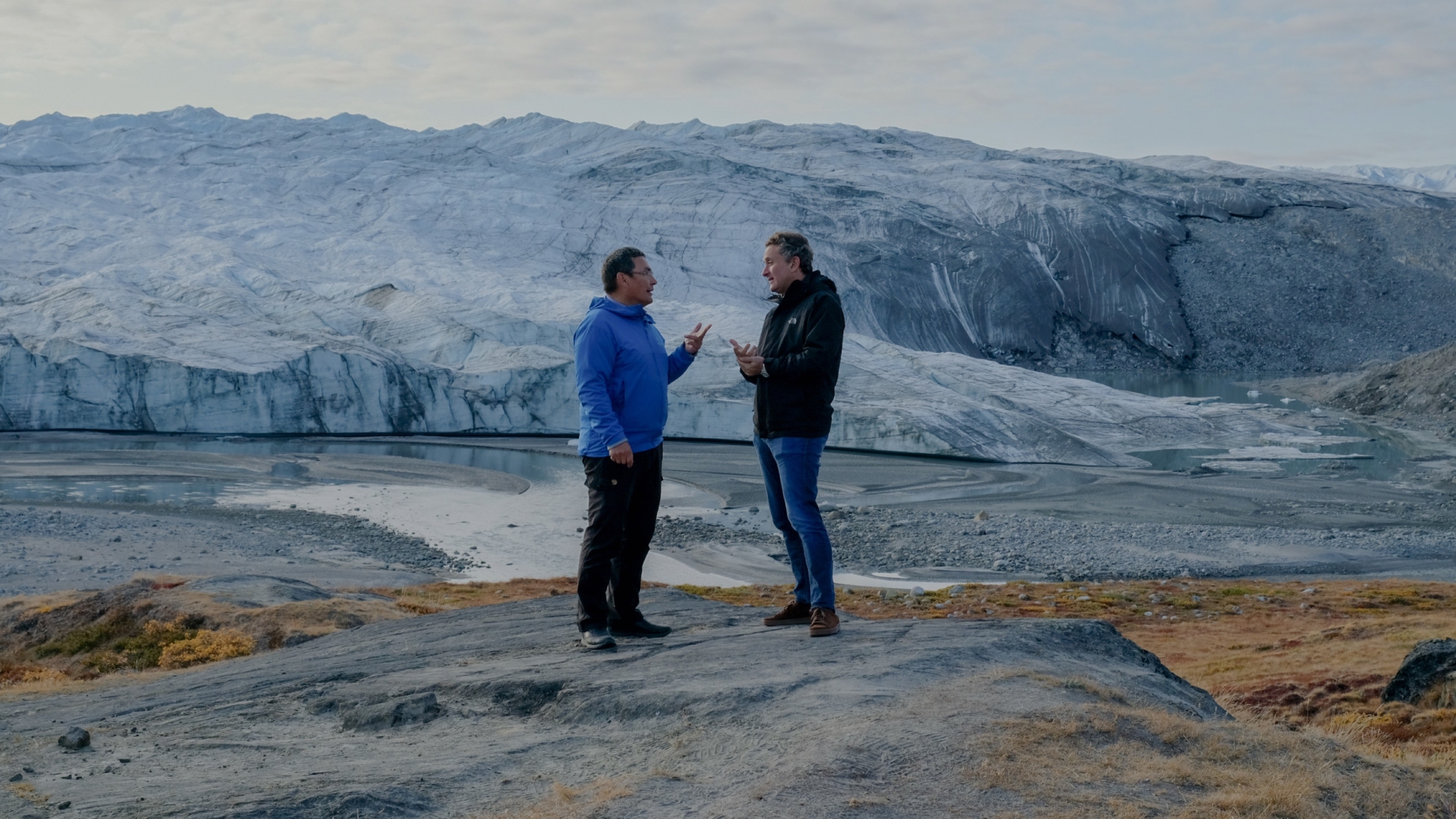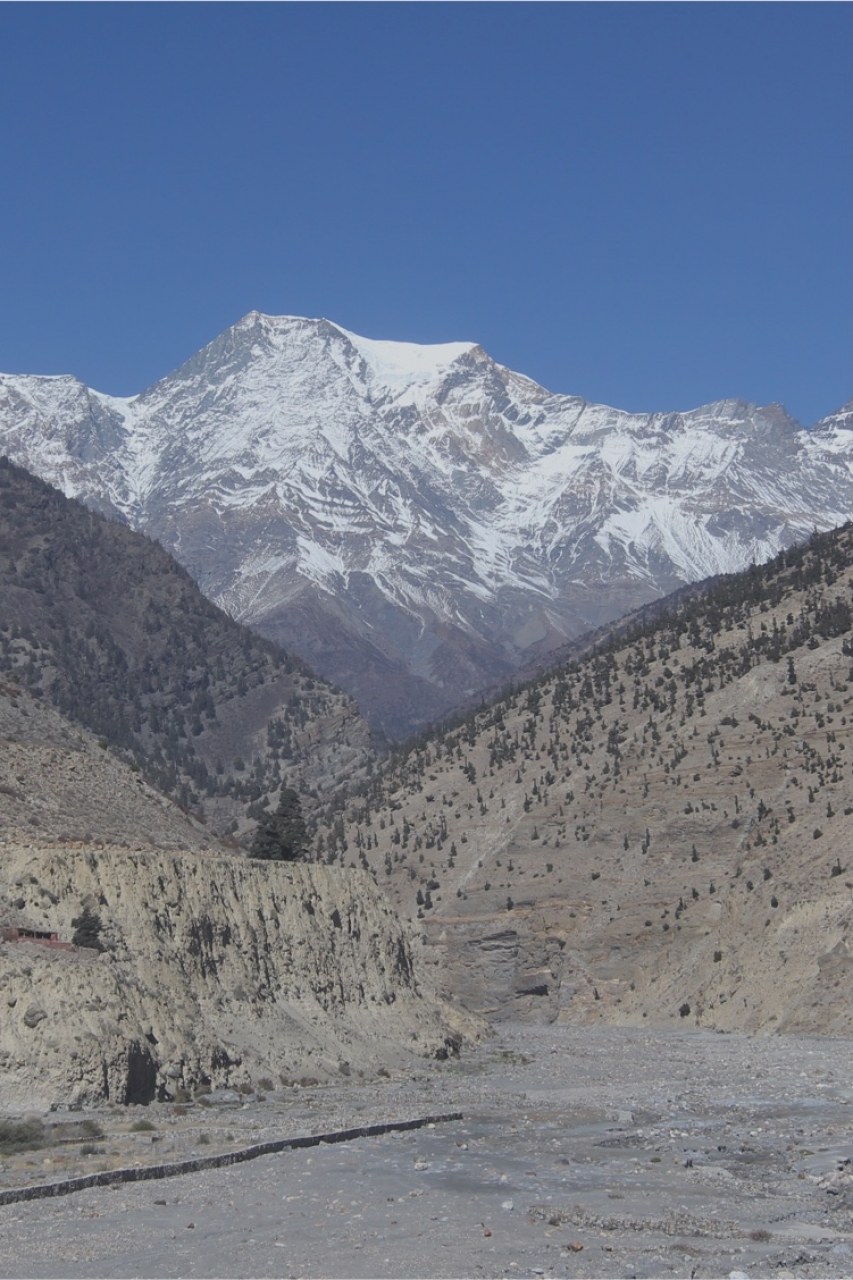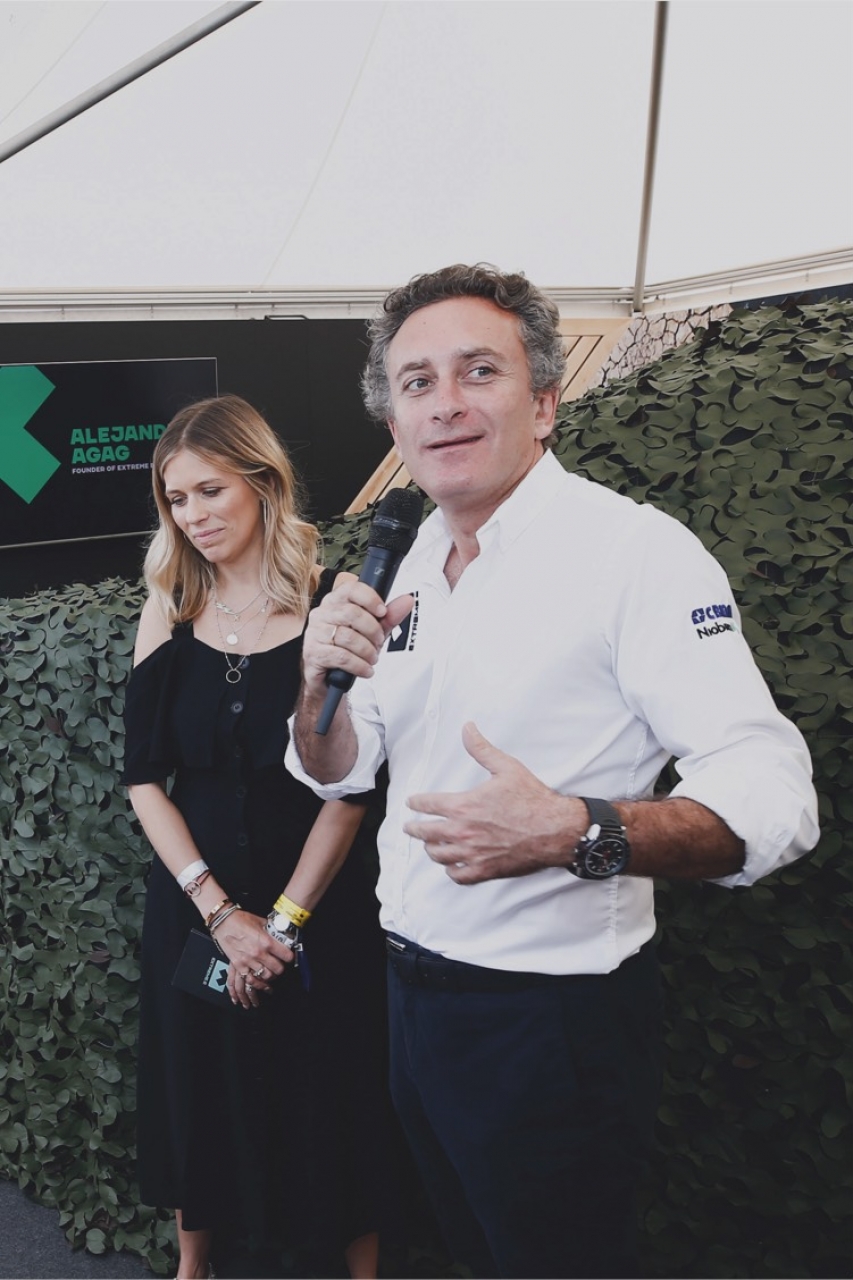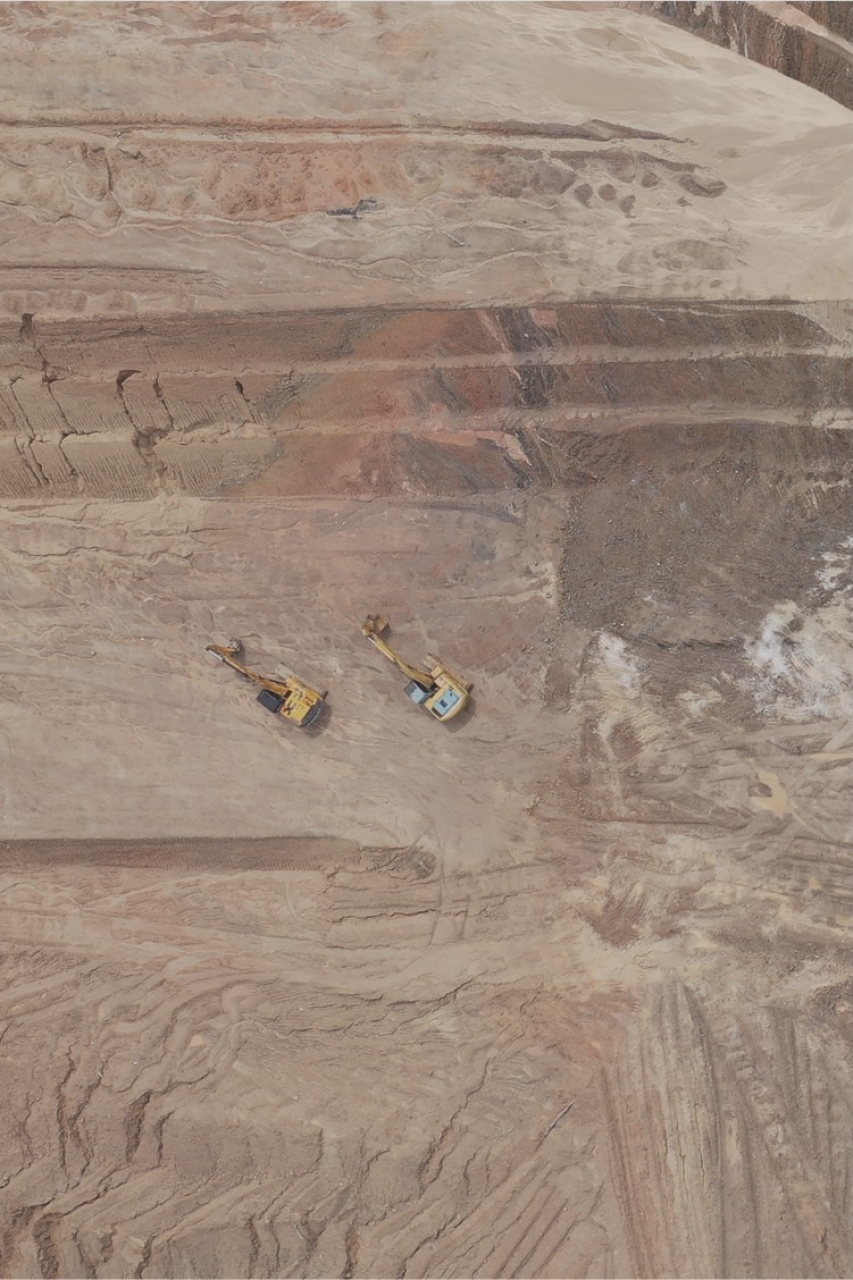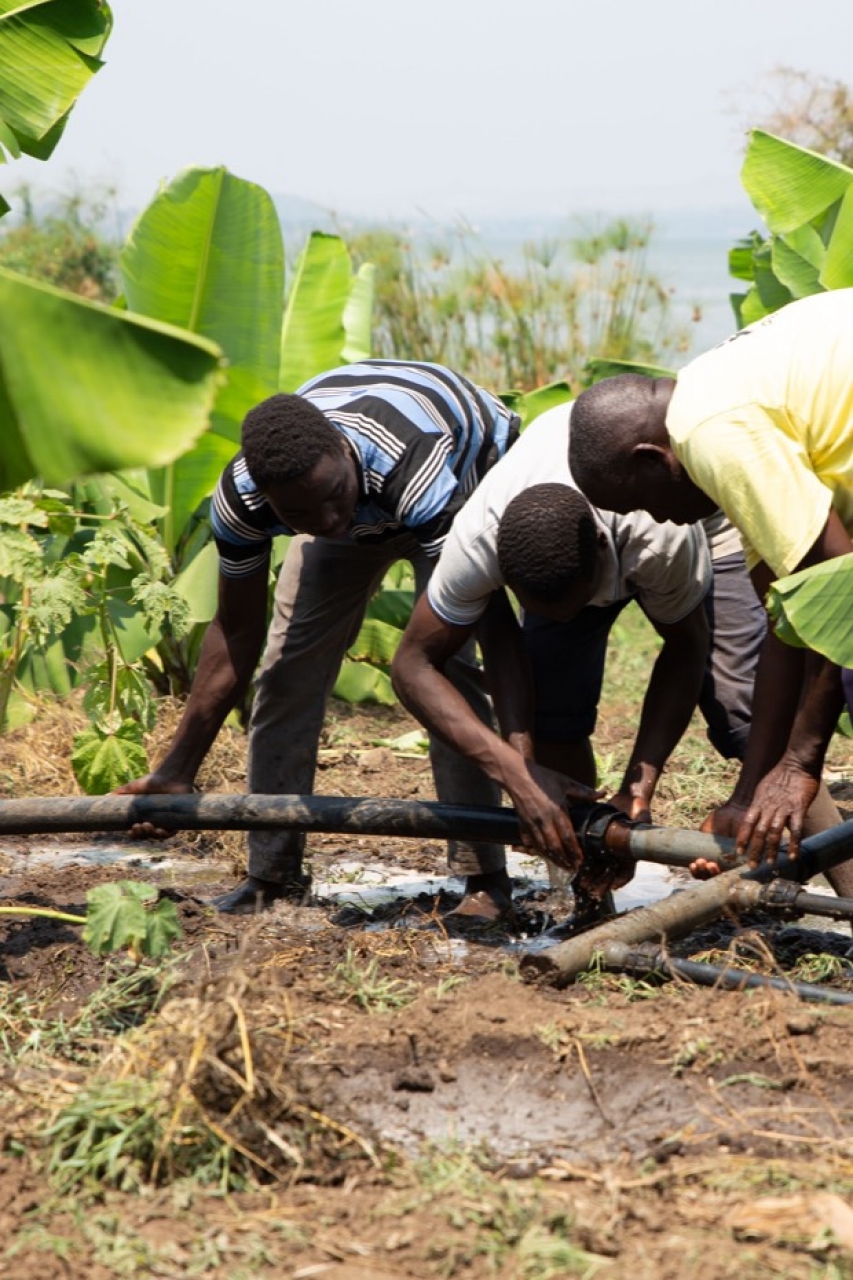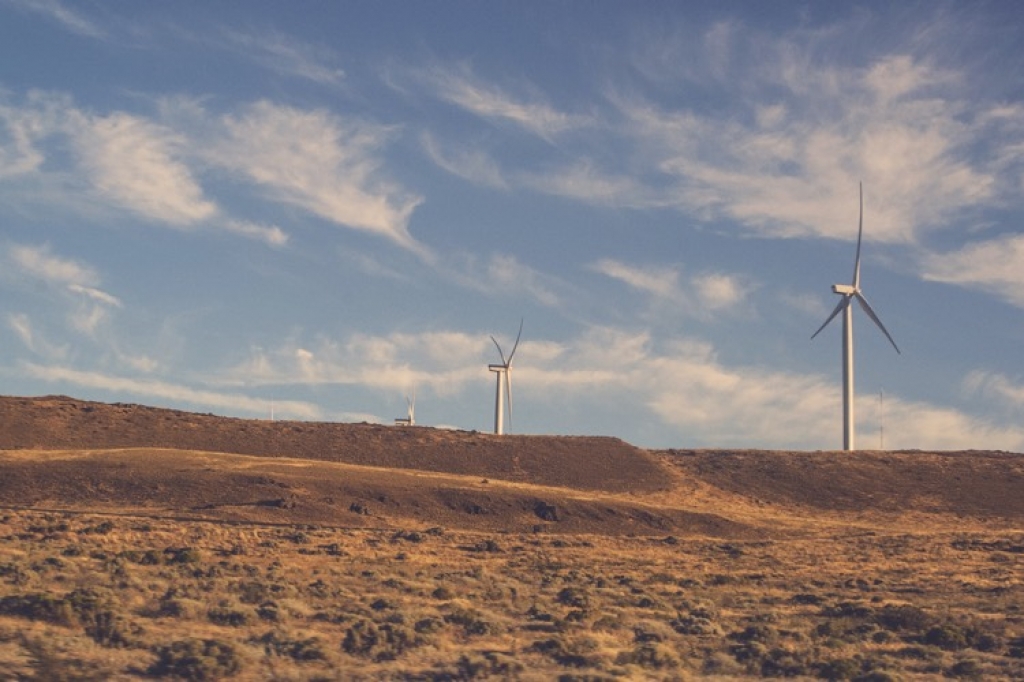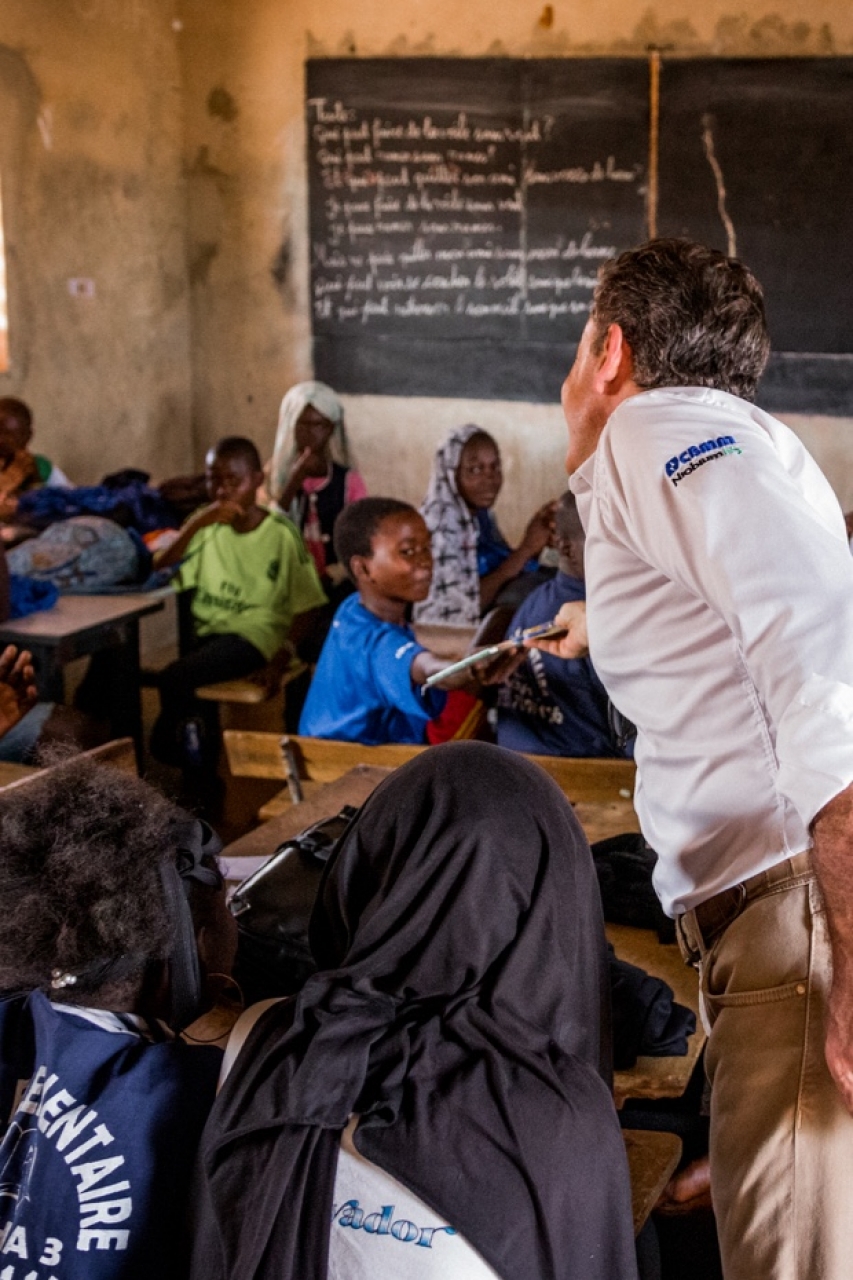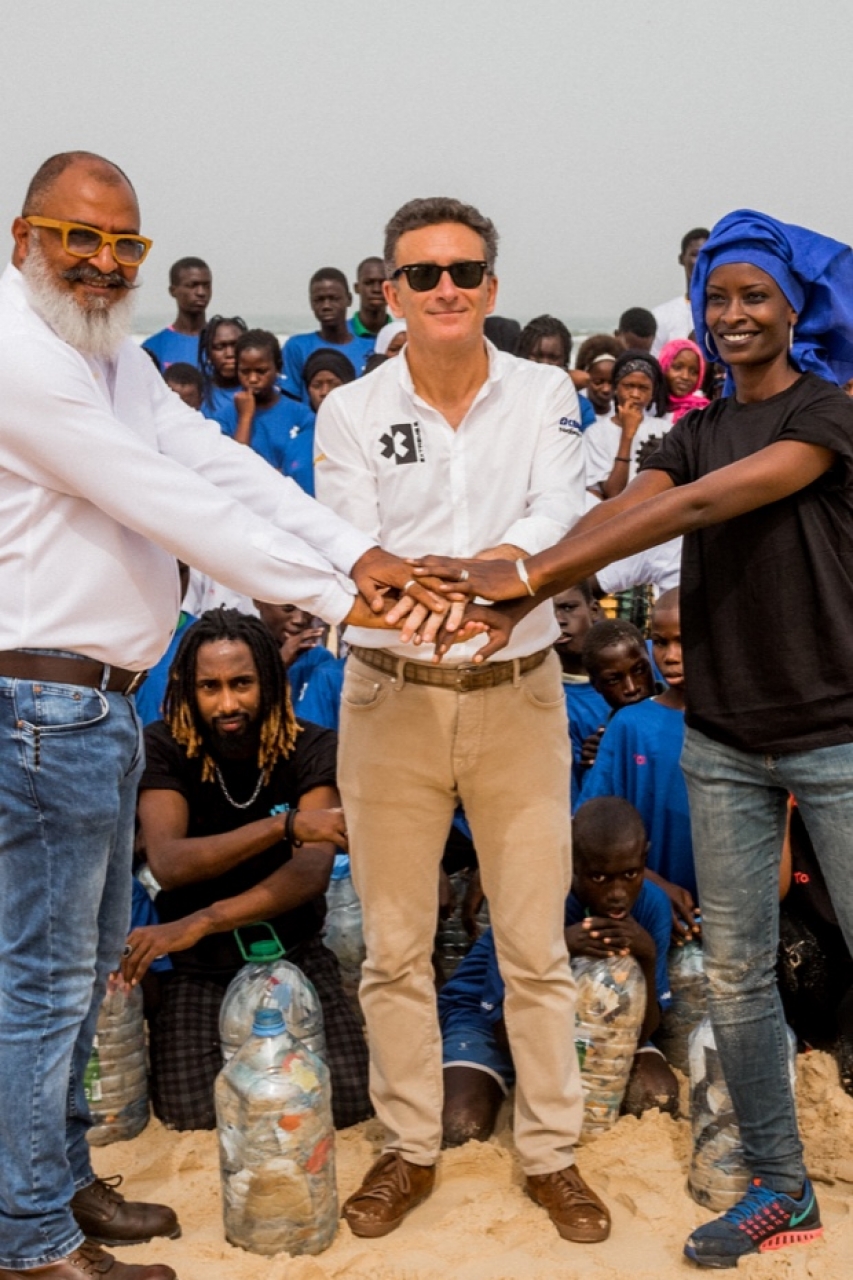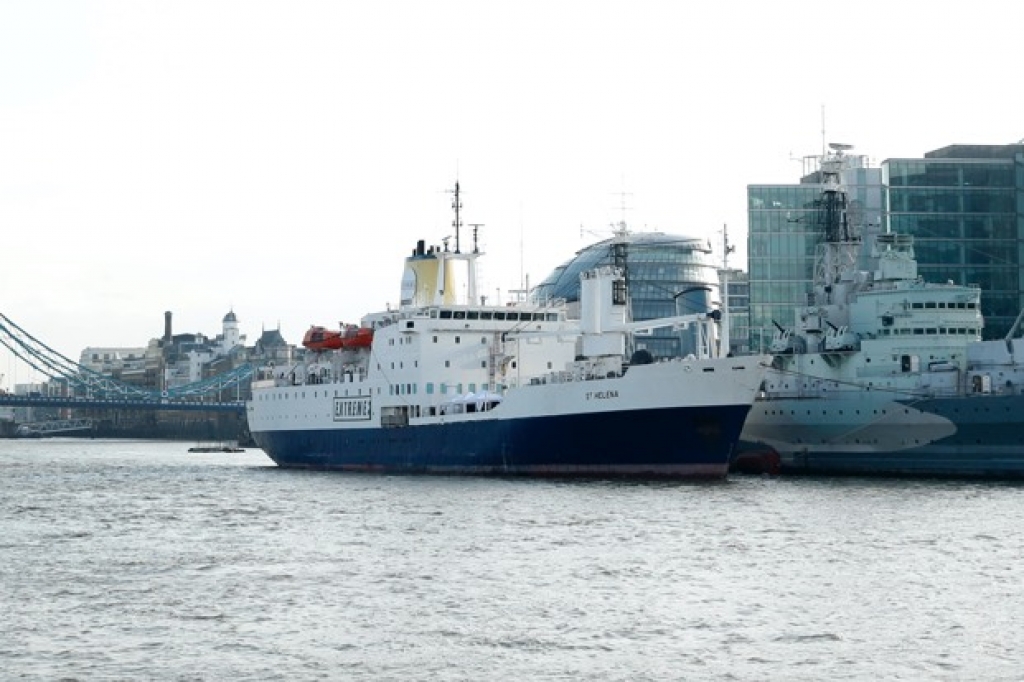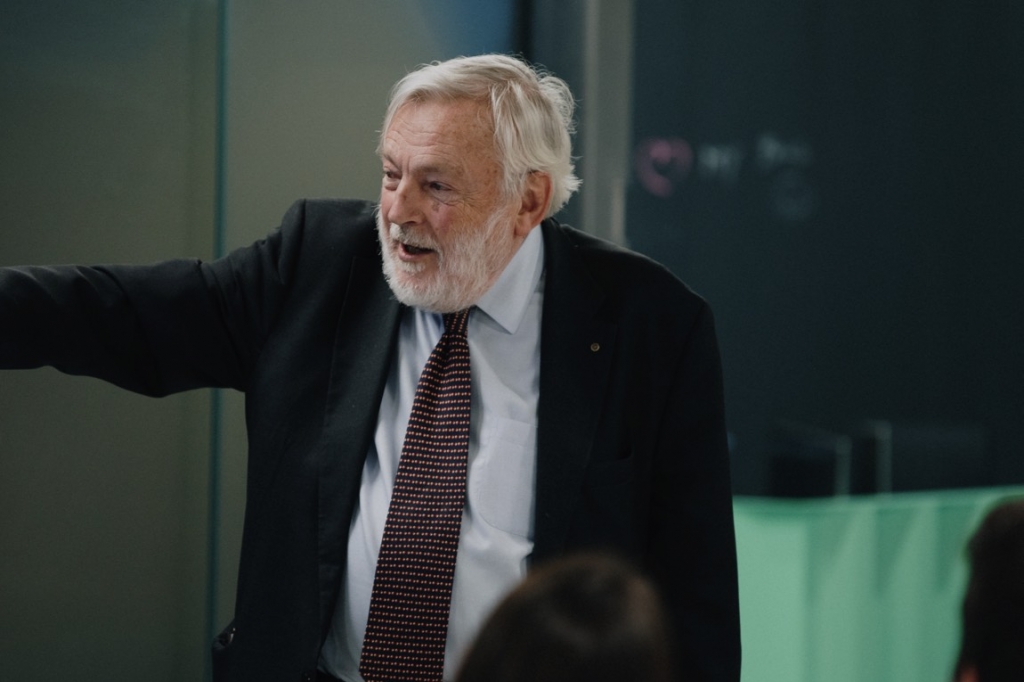-
Extreme E is the first sport built out of concern for the climate crisis. The series’ goal is to use electric racing to highlight remote environments under threat of climate change issues, and to encourage us all to take positive action to protect our planet’s future.
Download Extreme E Sustainability Report Season 1
With 30 percent of the planet’s CO2 emissions coming from transport, Extreme E exists to showcase the performance of electric vehicles, using the powerful mix of thrilling sports action, scientific education and storytelling to accelerate their adoption in order to reduce CO2 emissions and achieve a more sustainable lifestyle.
As well as its overall mission, Extreme E successfully committed to having a net-zero carbon footprint by the end of its first season, with anything that couldn’t be avoided offset through ALLCOT certificated global programmes.
OUR
GOALS
-
Extreme E is a signatory of the United Nations’ Sports for Climate Action Framework. The initiative, led by the UN’s Framework Convention on Climate Change (UNFCCC), was born out of the 2015 Paris Agreement and calls on sporting organisations to acknowledge the contribution of the sports sector to climate change and their responsibility to strive towards climate neutrality for a safer planet.
In line with the five core principles enshrined in the Framework and the aims of the Paris Agreement, Extreme E strives to:
-
These principles all support Extreme E’s mission to inspire people, communities and governments in our race locations and beyond, to raise their climate ambition in a united effort to limit global warming to 1.5oC by 2030.
Extreme E has also committed to its goal of becoming carbon neutral by the end of its first season.
-
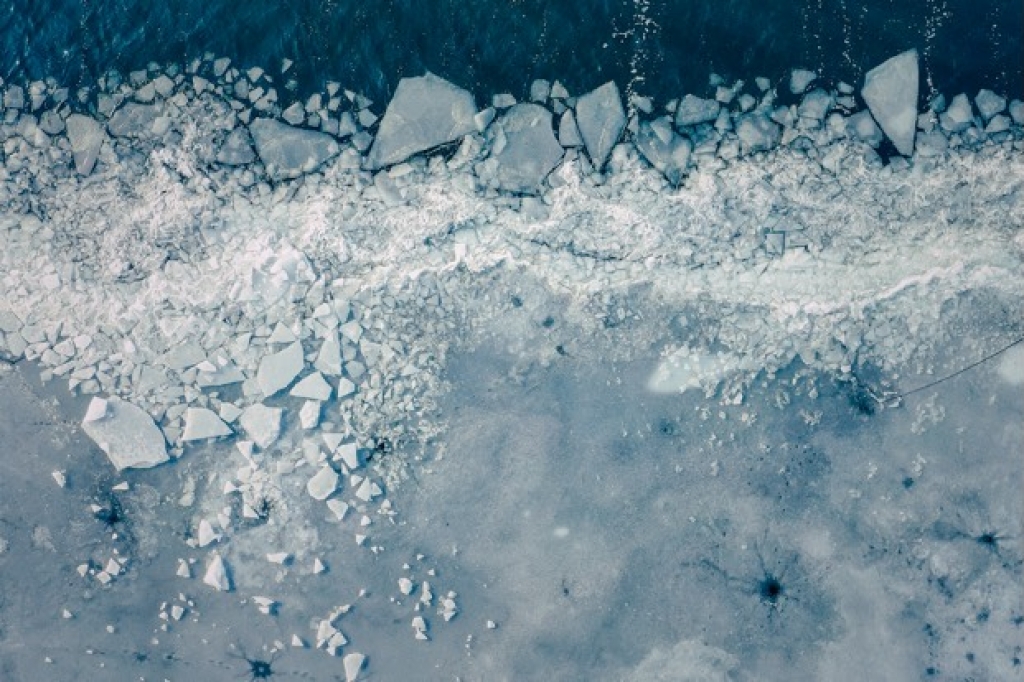
OUR ACTIONS
Extreme E follows the recommended approach from the United Nations Framework Convention for Climate Change, which is to measure, reduce and offset for what cannot be avoided.
Current projections for the championship estimate that its carbon footprint would equal 20k carbon tonnes, however Extreme E aimed to become carbon neutral via its offsetting efforts. Thanks to our mitigation efforts and change in race location, the carbon footprint of season 1 was 8,870 tCO2-e emitted during Season 1 (1,774 tCO2-e average emissions per race).
A Lifetime Cycle Assessment, which calculates the overall series impact, was carried out by a third party and made public at the end of Season 1 in the Sustainability Report. To reduce its carbon footprint Extreme E took a number of crucial steps throughout season 1 and continue to look for new ways to lower its footprint throughout future seasons.
-

Minimal On-Site Event Attendance
Whilst most live sports rely on spectator crowds, Extreme E is taking an opposite approach in order to reduce impact on our remote race environments.
Fans will follow all the action via live TV action, Youtube and social feeds, and a behind-the-scenes documentary series. The bulk of the TV operations, including the editing and transmission of the world feed, will also be done remotely from London.
Each Extreme E team will also be limited to eight people, which consist of two drivers (one male, one female), one engineer and five mechanics.
-
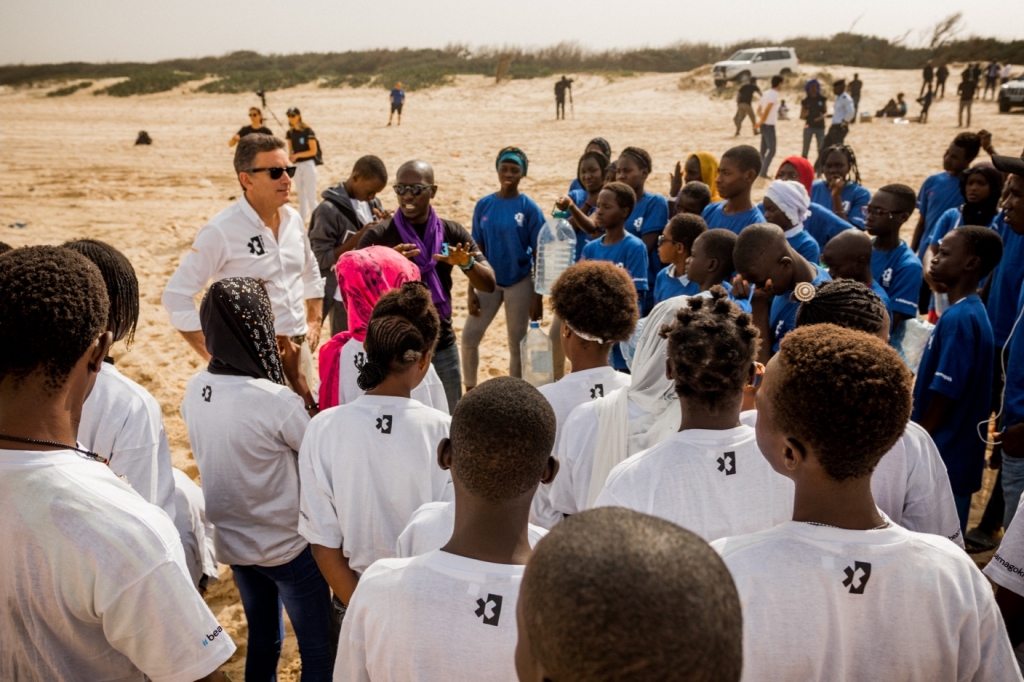
LEGACY PROGRAMME
Extreme E’s Legacy Programme is integral to the series and aims to provide both social and environmental support in each race location.
Project selection is led by the location’s scientist and all members of our scientific panel should actively support the projects that are selected for partnership.
EXTREME E SELECTS THE PROJECTS THAT PRIORITISE:
-
ST HELENA
Transporting all championship freight and infrastructure, including vehicles, by sea, using the refurbished St Helena.
Shipping is the lowest carbon emitting transport option, with sea freight approximately 100 times less carbon intensive than air freight.
The St Helena has undergone a multi-million pound transformation to minimise its emissions and to transform her into the logistics, operations, and accommodation hub for the race.
-
ISO 20121
Efforts are already underway to ensure Extreme E achieves ISO 20121 certification, the international standard for sustainability in events, by the end of its first season.
Started shortly after the 2012 London Olympics, the ISO 20121 certification implements a management system focussing on three top targets; reducing the individual environmental footprint of events, creating a successful financial model for growth, and becoming more socially responsible.
This standard means there will be a continual improvement regarding the sustainable objectives and targets put in place, which will be annually audited by a third party specialised certifying company.
-
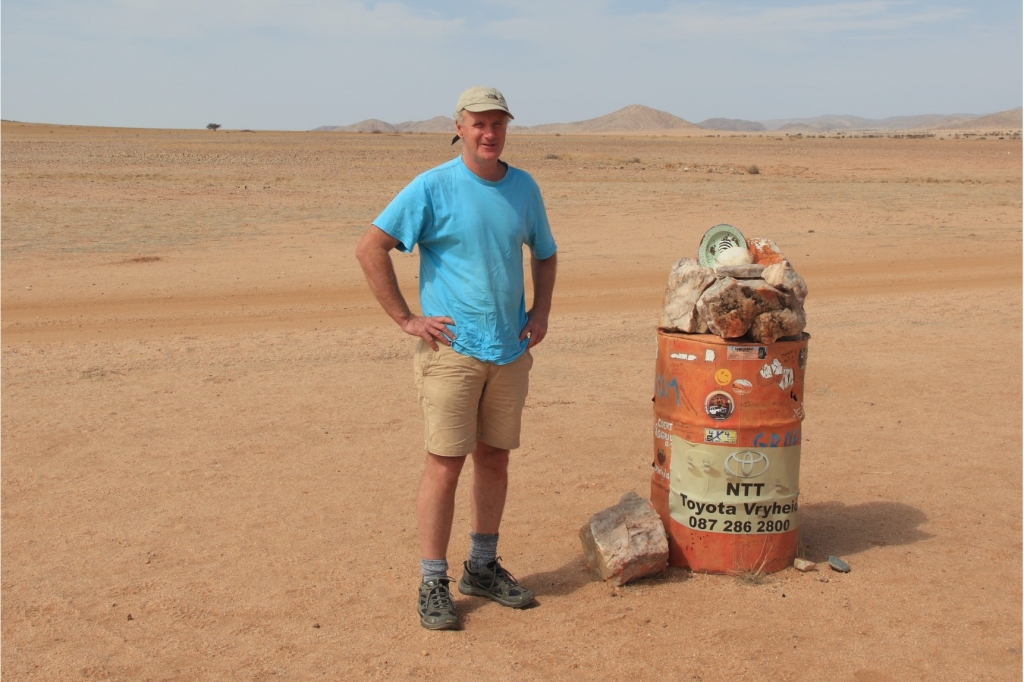
Third Party Credibility
Extreme E has committed to working with world leading experts in science, education and environmental research.
Extreme E has appointed an independent Scientific Committee, led by Professor Richard Washington of The University of Oxford, which will advise on the series’ education and research programmes, event logistics and impact as well as recommending positive legacy initiatives which support local communities in each race location. The committee will also ensure environmental protection, social inclusivity and fair political practices are commonplace.
-
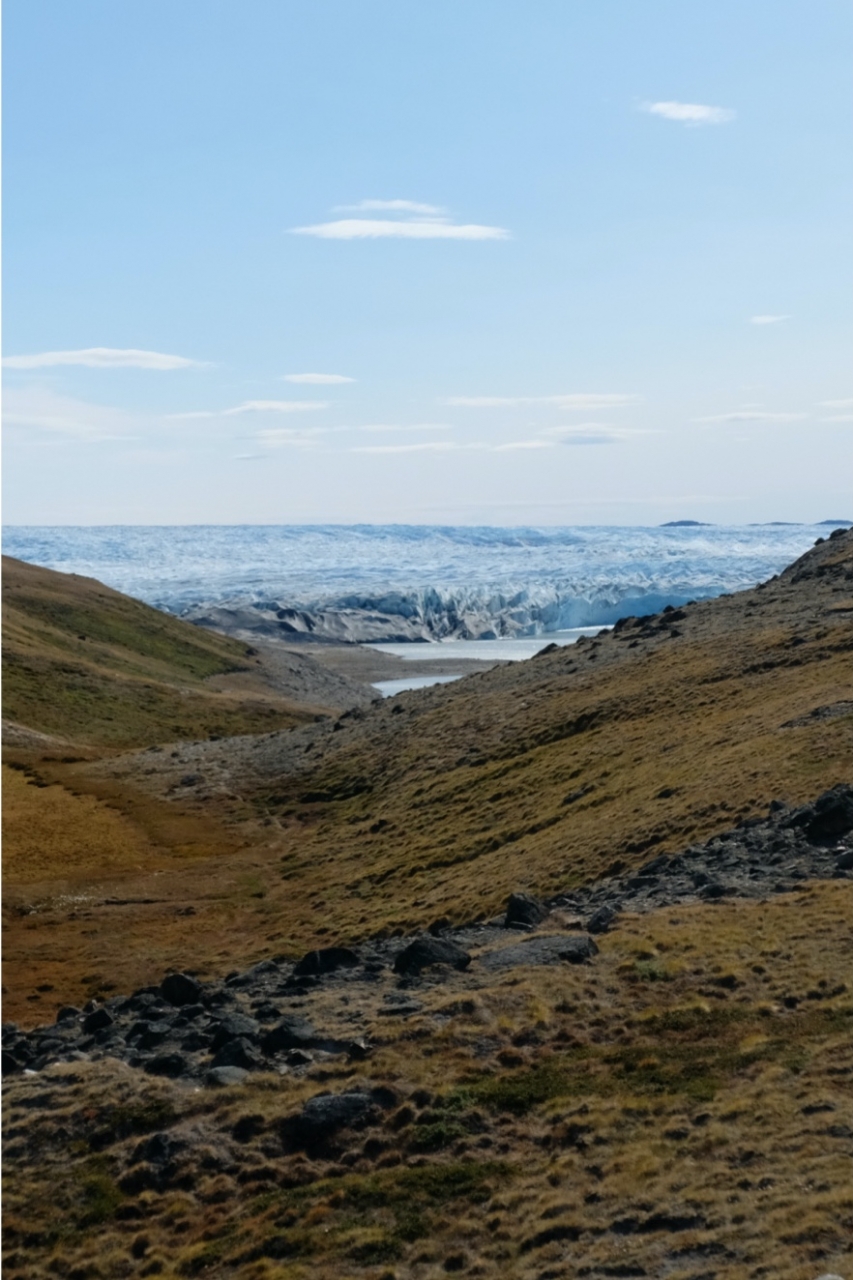
ENEL FOUNDATION
The globally respectded Enel Foundation have assisted Extreme E in coordinating its Scientific activities in four key areas:
- Supporting coordination of the scientific research programme and Scientific Committee
- Assisting in the implementation of ‘data rooms’ on environmental parameters relevant for the championship
- Support Extreme E in the design of meaningful legacy programs
- Supporting Extreme E in setting up the Championship’s global outreach grassroot programme to involve fans and audiences to help find innovative solutions.
- Supporting coordination of the scientific research programme and Scientific Committee
-
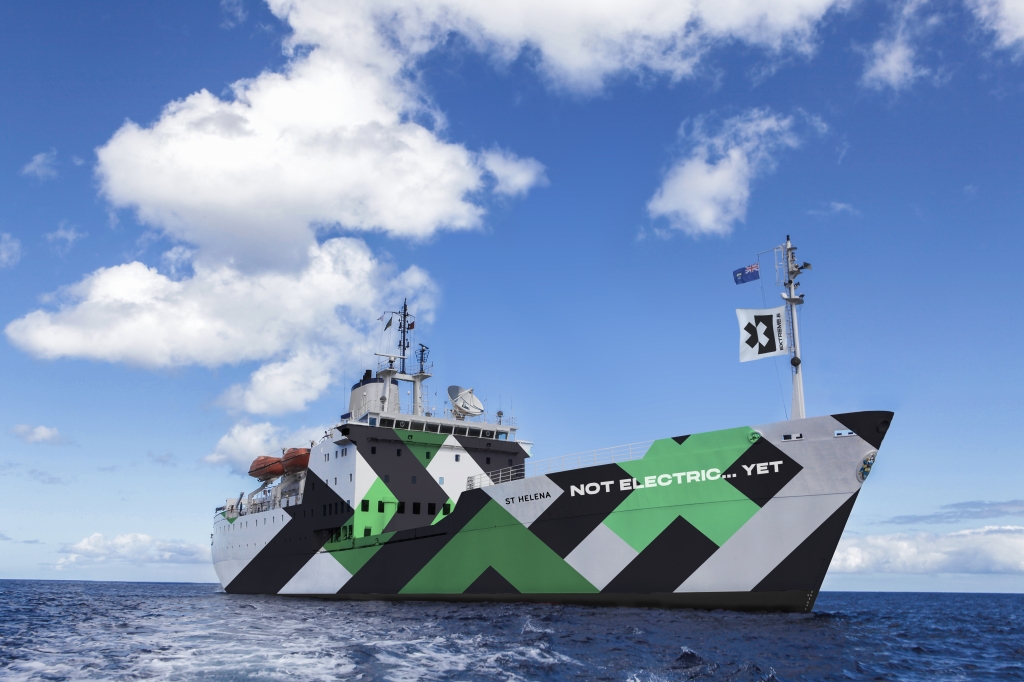
Call for research
Extreme E and Enel Foundation are pleased to announce a pilot project for the year 2021. Scientific researchers will be given dedicated time, during transits between each Extreme E race location, in order to conduct research and outreach programs whilst onboard the ship; St. Helena. We encourage researchers to join us on this program by competitively applying for our newly designed open call.
